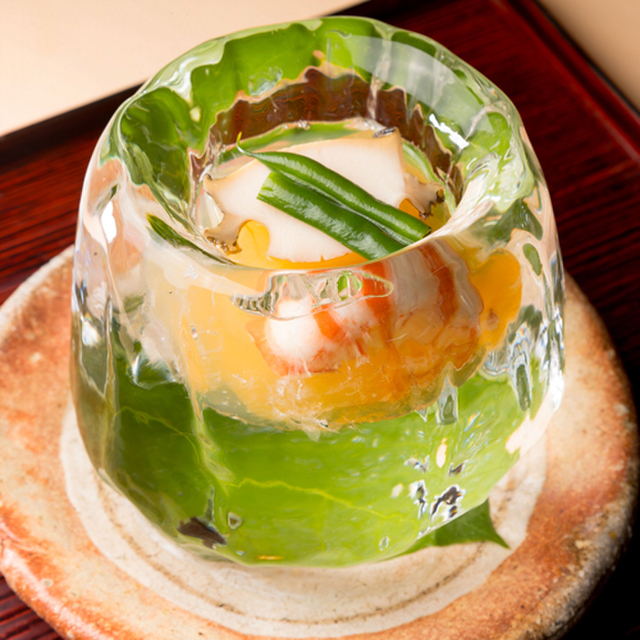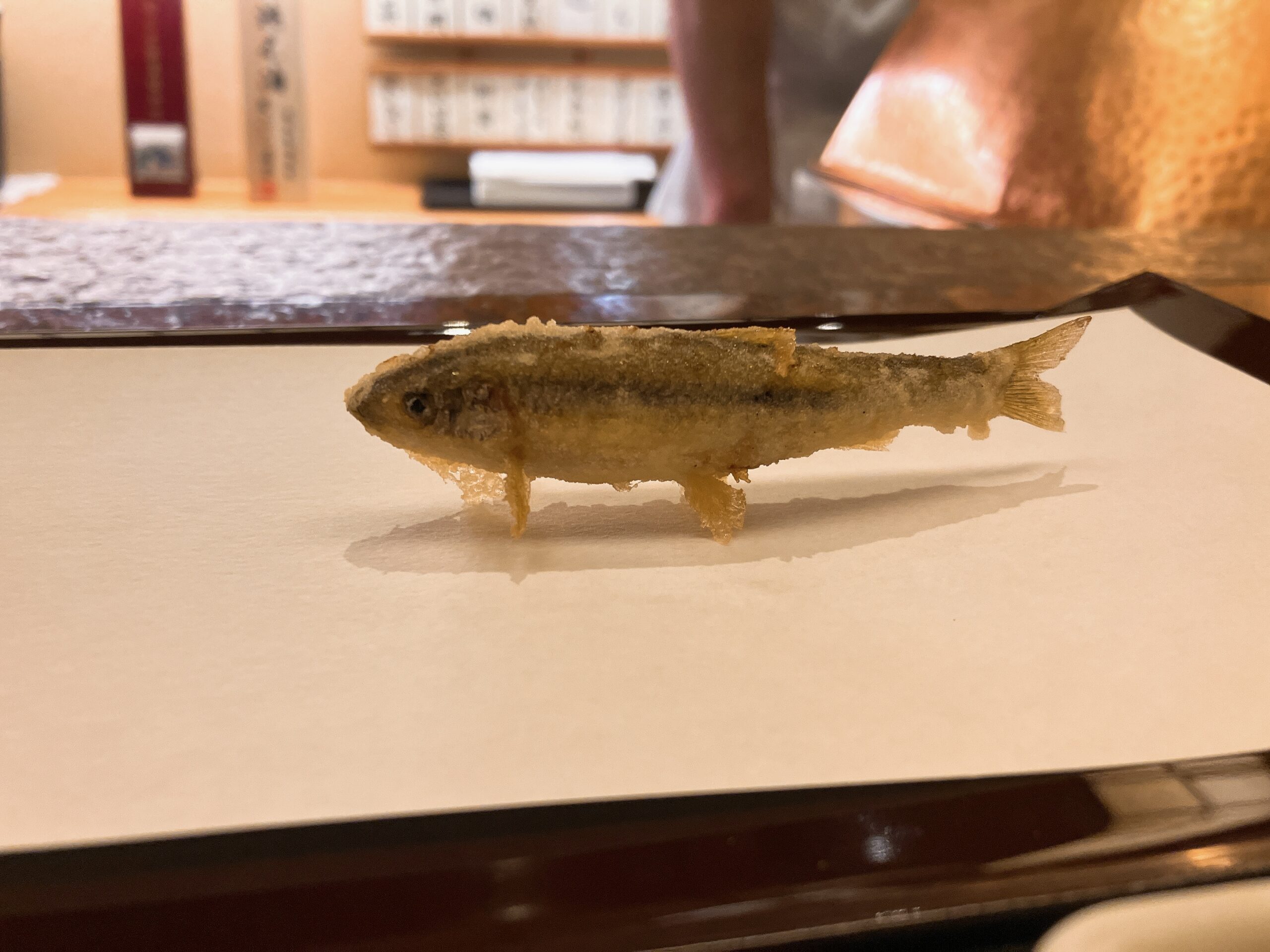Team building
Waku waku – what do you think when you hear this word? It’s Japanese, yes. Can you imagine the meaning of the words from the sound?
There are alot of Japanese words that are onomatopoeia. Onomatopoeia are words that come from the sound. “Sube sube”, meaning silky smooth like a baby’s skin. The answer to “Waku waku” is exciting. The origin of the word sube sube comes from “Suberaka” or “Nameraka” where the surface does not have any bumps and is smooth. “Waku waku” is from “Waku” which is the state of water coming out of the ground. So when you get excited, energetic or happy feelings come out inside of you, waku.
What does that have to do with the title, team building?
With my collegues, we have once a month a team building session, and fortunately or unfortunately I was the facilitator this time. I didn’t know what to do so googled what would be a good team building activity. I couldn’t do scavenger hunt, we had to stay in the meeting room, truth or dare? No…. tell everyone to grab something near and include an episode that would represent them. No…. that works only if they were at home. Thinking and brainstorming on what would be a good topic, what would be important in daily life? Getting excited.
What excites you
My friend stops by Japan to see me once a year and I try to find a restaurant that would interest both of us. I did a great job the past few times so I asked him, “What makes you feel good when you go out eating?” His answer was “Having fun with the people”. That explains, “Waku waku”!
We like to sit by the counter and enjoy the food and the conversation with the people working there. I think Japanese people are shy unless you go to the restaurant several times and get to know them. But I would say “A foreigner’s privilege”? People are interested in what non-Japanese are interested in, how they like the food, how they eat, how they drink, and everything we would talk about.
We went to a very nice restaurant near Gion. Enjoying the food, we wanted to take a picture together. Checking the picture, my friend says, “Come on! You’re not smiling!” I am smiling but I always don’t like to put a big smile on my face because of my wrinkles that show up on the side of my mouth but okay, I had to smile with my great teeth. After having the delicious foods, we wanted to take a picture with the people working there too. Suddenly, the lady said, “Don’t forget your smile! Smile!” That made us all laugh. The lady was even making fun of the chef that he was bald underneath his hat! (And he was only in his mid 30s) I can tell that the place has a good relationship with people working there and is filled with warm hearted people.
Would you care for a bubu-zuke?
I have heard that people from Kyoto do not like people from outside the area.
There’s a big joke saying if you go to someone’s house in Kyoto, and they say “There’s not much but would you like to eat bubu-zuke (rice in a tea)?”, they are asking you to leave. This seems to be a story from Rakugo, Japanese verbal entertainment, about a man that wanted to eat rice submerged in a tea at a friend’s house but the friend’s wife got tired of him eating and talking (by wikipedia).
Kyoto is an area that has traditional old culture, and the family members live there for generations for a long time. That means they have the same understanding of the culture, thoughts, and ethics, that is why people in Kyoto do not express their feelings straight forward, people understand what they really felt without exchanging words.
On the other hand, the US has many immigrants and many cultural differences so explaining your thoughts by saying “Yes” or “ No” is important. As a Japanese person, though not originally from Kyoto, I think it’s always good to explain what you think to other people since people can’t read your mind.
Humor is global
I’ve learned that the humor and the jokes are international. If we laugh, it fills the whole place with warm feelings and you get double the excitement from the great food and the hospitality of the people there. It’s not about language or the culture, it’s about how you can make people laugh and be excited and be happy.
Waku waku!

Sangencha
347-96 Gionmachi Kitagawa, Higashiyama-ku, Kyoto Japan
Lunch 12:00~14:30
Dinner 18:00~21:30

*Sorry Japanese only

Tempura Endo
566 Komatsu-cho, Higashiyama-ku, Kyoto Japan
Lunch 11:00~15:30
Dinner 17:00~21:30





Comment